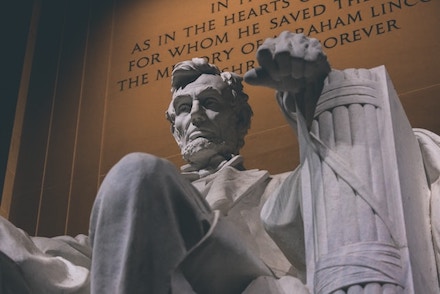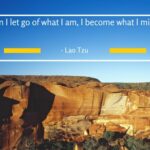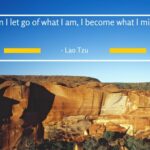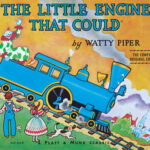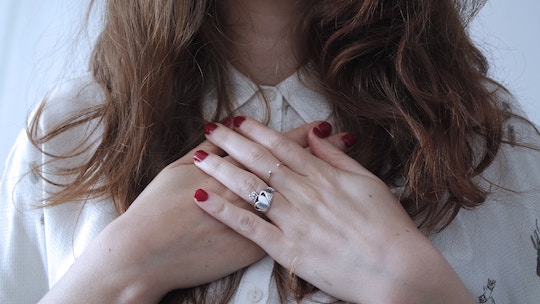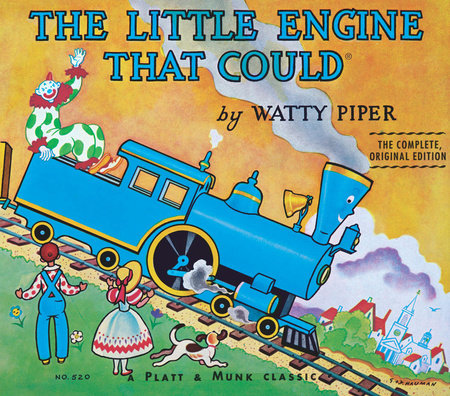“I would rather be a little nobody than an evil somebody.”
—Abraham Lincoln, 16th President of the United States
What qualities and character traits do you associate with Abraham Lincoln?
What pops in my mind is the moniker “Honest Abe.” A close second is his focus on serving others, and his considerable humility when it came to serving himself.
If you follow the work of Jim Collins, Abe would be considered a level 5 leader. Collins’ work and extensive research focused on making organizations that were built to last, and what it took to have them go From Good to Great.
EXERCISE:
How does today’s quote reflect your views of yourself and the world around you?
How can Lincoln’s words serve as a guide for all of us as we step into each new day?

